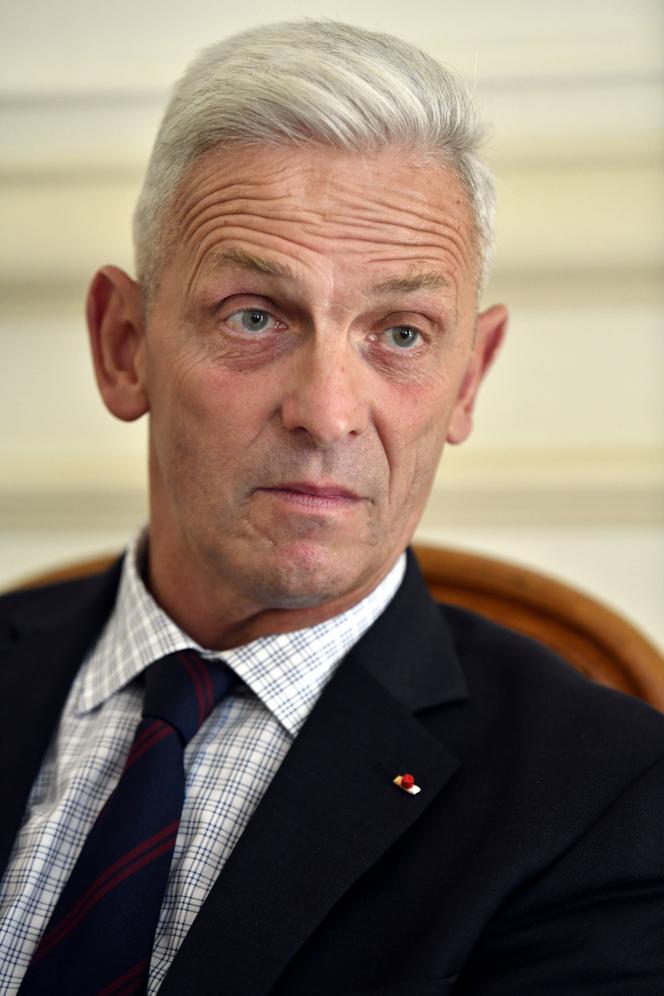


General François Lecointre was France's chief of the general staff from 2017 to July 2021 and was also head of the prime minister's military cabinet under the governments of prime ministers Manuel Valls, Bernard Cazeneuve and Edouard Philippe, between 2016 and 2017. Since February 1, he has been the 34th grand chancellor of the Legion of Honor.
They were predictable. At least, when I was a serving military officer, that's what I saw in the evolution of power relations and tensions around the world. What strikes me is the naivety with which our Western societies – European in particular, although this is less true of the United States – have thought that the relationship of extreme force, which goes as far as war, was now an archaic thing.
This irenic vision became widespread at the end of the Cold War. But it was precisely from that time onwards that our [Western] armies were repeatedly involved in conflicts, civil wars and peacekeeping or peacemaking operations. As a young officer, and even later, I always found it very difficult to convey this reality to the civilians I came into contact with.
The real issue is how to shift gears up. A democracy does not permanently have a military apparatus capable of engaging in massive conflict – except in quite exceptional periods, such as the Cold War. You can't switch to a war economy overnight. It requires considerable human and industrial effort.
However, it is up to politicians to decide when to step up the pace and to make public opinion understand that the situation has reached a level of seriousness requiring us to shift our efforts and the nation's investments into areas other than those of well-being, social welfare and greater equality between citizens, which are legitimate and the ultimate goal of a democracy.
Compared with other countries, France has the advantage of having begun this defense effort as early as the term of President François Hollande [2012-2017], with the halt in the deterioration of the armed forces' resources, under the effect of the shock caused by the wave of terrorist attacks on our territory. This was followed by a clear commitment from Emmanuel Macron, who decided, before anyone else, to step up the pace, even if this does not suddenly make France a nation and an army ready to engage in a Ukraine-style war within three months.
You have 75% of this article left to read. The rest is for subscribers only.
